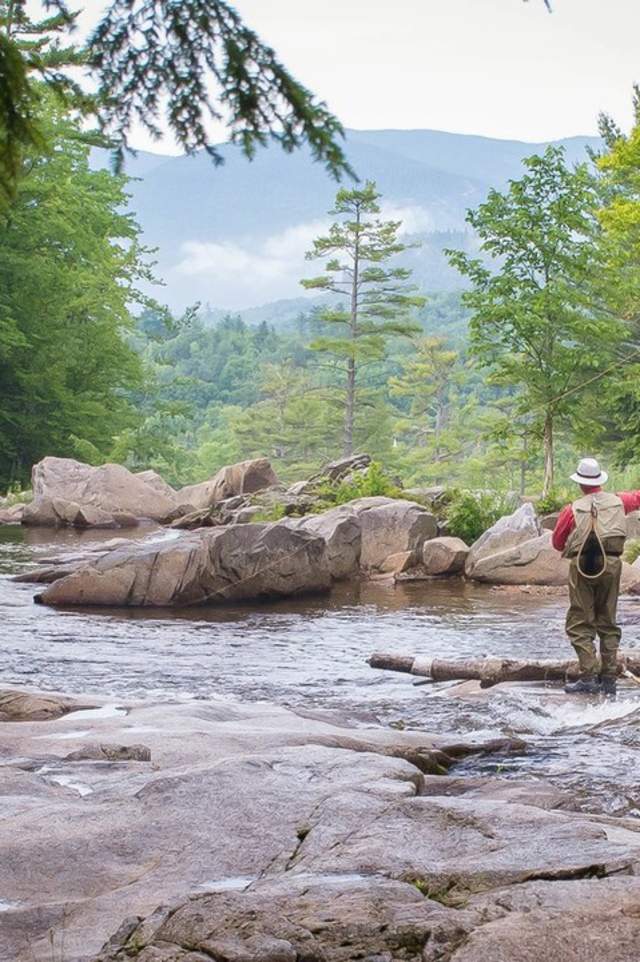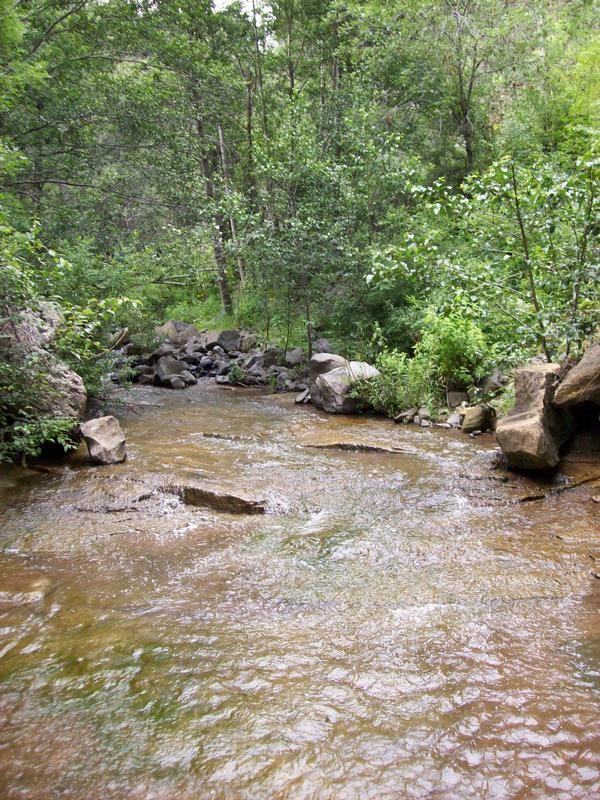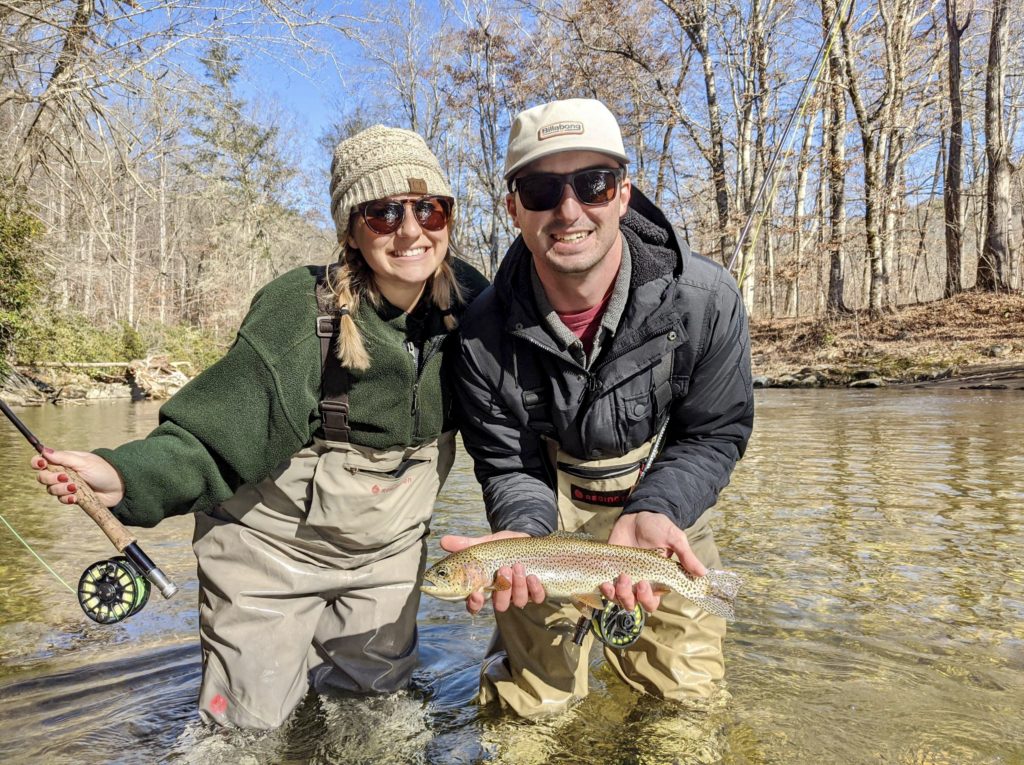Imagine this: you're standing on the edge of a pristine lake, surrounded by towering white mountains, with the crisp mountain air filling your lungs. This is no ordinary fishing trip—it’s a journey into one of nature's most breathtaking paradises. The White Mountain Fishing Report is your key to unlocking the secrets of this magical place.
Now, let’s be real here. Fishing isn’t just about throwing a line into the water and waiting for something magical to happen. It’s about knowing the right time, the right spot, and the right techniques to reel in that trophy fish. That’s where this report comes in. Whether you’re a seasoned angler or just starting out, the White Mountain region offers something for everyone.
But hold up—before we dive deep into the nitty-gritty details, let’s take a moment to appreciate why this place is so special. The White Mountains are more than just a backdrop for your fishing adventure; they’re a living, breathing ecosystem filled with stunning landscapes, crystal-clear waters, and some of the best fishing spots in the country. So, grab your gear, and let’s get started!
Read also:Boobs Bouncing In Slow Motion The Science The Fascination And The Truth
Why White Mountain Fishing is the Ultimate Adventure
Alright, let’s talk about why fishing in the White Mountains is such a big deal. First off, the scenery alone is worth the trip. Picture yourself casting your line against a backdrop of snow-capped peaks, lush forests, and tranquil lakes. It’s like stepping into a postcard. But it’s not just about the view. The White Mountain region is home to some of the most diverse and thriving fish populations in North America.
From trout to bass, salmon to pike, the variety of species you can catch here is mind-blowing. And let’s not forget the challenge. Fishing in these waters isn’t always easy, but that’s part of the fun. You’ve got to be smart, patient, and adaptable to succeed. But when you do land that big catch, trust me, the satisfaction is unmatched.
Understanding the White Mountain Ecosystem
Before you can master fishing in the White Mountains, it’s important to understand the ecosystem you’re working with. The region is home to a wide range of aquatic life, from tiny minnows to massive lake trout. Each species has its own habits, preferences, and behaviors. Knowing these details can make all the difference in your fishing success.
- Trout: These beauties are the stars of the show in the White Mountains. They’re known for their speed, agility, and impressive jumps.
- Bass: If you’re looking for a fight, bass is your guy. These guys are strong, stubborn, and not afraid to put up a struggle.
- Salmon: For those who love a challenge, salmon fishing in the White Mountains is a must-try. These fish are known for their long migrations and impressive strength.
But it’s not just about the fish. The water temperature, weather conditions, and even the time of day can all impact your fishing experience. So, stay tuned as we break down all the factors you need to consider.
Fishing Season in the White Mountains
One of the biggest questions new anglers have is: when’s the best time to fish in the White Mountains? The answer? It depends. Different species thrive in different seasons, so timing is everything. Let’s break it down:
Spring Fishing
Spring is a fantastic time for fishing in the White Mountains. The snow melts, the rivers swell, and the fish start moving again after a long winter. This is prime time for trout fishing, as they’re hungry and active after months of hibernation.
Read also:Pizza Parlor Specials Your Ultimate Guide To Savoring The Best Deals
Pro tip: Look for spots where the water is warm but not too hot. Fish tend to congregate in these areas, making them easier to catch.
Summer Fishing
Summer brings its own set of challenges and opportunities. The water temperatures rise, and some species, like trout, become less active during the heat of the day. But don’t worry—there are still plenty of ways to catch the big ones.
- Fish early in the morning or late in the evening when the water is cooler.
- Look for shaded areas where fish like to hang out to escape the heat.
Summer is also a great time for bass fishing. These guys love the warmer water and are more likely to bite during the day.
Top Fishing Spots in the White Mountains
Now that you know when to fish, let’s talk about where to fish. The White Mountains are filled with incredible fishing spots, each with its own unique characteristics. Here are some of the best:
1. Lake Winnipesaukee
This massive lake is a hotspot for anglers looking to catch a variety of species. From trout to bass, you’ll find it all here. Plus, the views are absolutely stunning.
2. Saco River
If you’re into fly fishing, the Saco River is a must-visit. The clear, fast-moving water makes it an ideal spot for catching trout and salmon.
3. Androscoggin River
This river offers a mix of calm and fast-flowing waters, making it perfect for all types of fishing. Whether you’re into spin fishing or fly fishing, you’ll find something to love here.
And these are just a few of the many amazing spots the White Mountains have to offer. So, grab your gear and get ready to explore!
Essential Gear for White Mountain Fishing
Having the right gear can make or break your fishing trip. Here’s a quick rundown of what you’ll need:
- Rod and Reel: Choose a setup that matches the type of fishing you’ll be doing. For trout, a lightweight rod works well. For bass, go for something sturdier.
- Lures and Bait: Experiment with different types of lures and bait to see what the fish are biting on. Live bait like worms and minnows can be especially effective.
- Waders: If you’re planning on fishing in rivers or streams, a good pair of waders is essential. They’ll keep you dry and stable in the water.
- Life Jacket: Safety first! Always wear a life jacket when fishing in deep or fast-moving water.
Remember, the key to success is preparation. Make sure you have all the gear you need before heading out, and don’t forget to check the weather forecast!
Tips and Tricks for Catching the Big Ones
Alright, here’s where the real magic happens. Whether you’re a beginner or a seasoned pro, these tips and tricks will help you up your fishing game:
1. Know Your Fish
Each species has its own habits and preferences. Take the time to learn about the fish you’re targeting and adjust your techniques accordingly.
2. Pay Attention to the Weather
Weather can have a big impact on fishing conditions. Overcast days are often better for fishing than bright, sunny days. Wind can also affect the water’s surface, making it harder for fish to see your lure.
3. Be Patient
Fishing isn’t a race. Sometimes it takes time for the fish to bite. Stay calm, stay focused, and trust the process.
These tips might seem simple, but they can make a huge difference in your fishing success. So, keep them in mind as you plan your next trip.
White Mountain Fishing Regulations
Before you head out, it’s important to familiarize yourself with the fishing regulations in the White Mountains. These rules are in place to protect the fish populations and ensure that everyone has a fair chance to catch their limit.
Some key regulations to keep in mind include:
- License Requirements: Make sure you have the proper fishing license before you start fishing.
- Bag Limits: Each species has its own bag limit, so be sure to check before you head out.
- Size Restrictions: Some species have minimum size requirements, so measure your catch before keeping it.
By following these regulations, you’re helping to preserve the natural beauty of the White Mountains for future generations to enjoy.
Fishing with a Guide
If you’re new to fishing or just want to up your game, consider hiring a fishing guide. These pros know the waters like the back of their hand and can show you the best spots and techniques for catching fish.
Plus, fishing with a guide is a great way to learn more about the White Mountain ecosystem and the fish that call it home. So, if you’re looking to take your fishing experience to the next level, this is definitely worth considering.
Conclusion: Your White Mountain Fishing Adventure Awaits
There you have it—your ultimate guide to fishing in the White Mountains. From understanding the ecosystem to mastering the techniques, this report has everything you need to make your fishing trip a success.
So, what are you waiting for? Grab your gear, hit the road, and get ready to reel in the big ones. And don’t forget to share your experiences with us in the comments below. We’d love to hear about your adventures in the White Mountains!
Table of Contents:
- Why White Mountain Fishing is the Ultimate Adventure
- Understanding the White Mountain Ecosystem
- Fishing Season in the White Mountains
- Spring Fishing
- Summer Fishing
- Top Fishing Spots in the White Mountains
- Essential Gear for White Mountain Fishing
- Tips and Tricks for Catching the Big Ones
- White Mountain Fishing Regulations
- Fishing with a Guide


